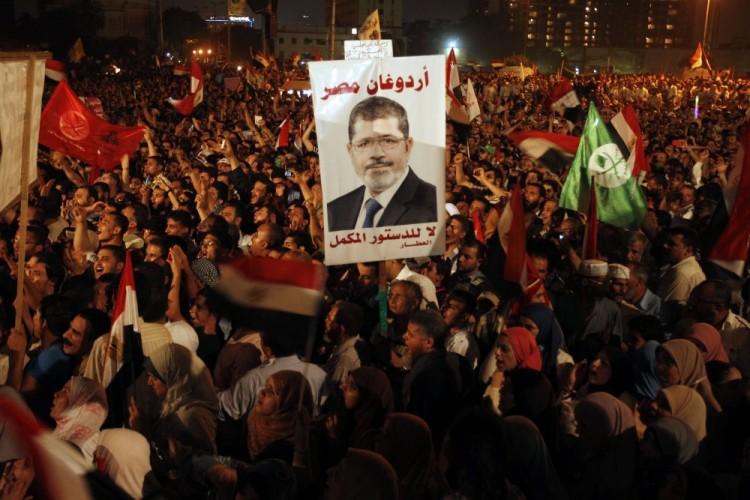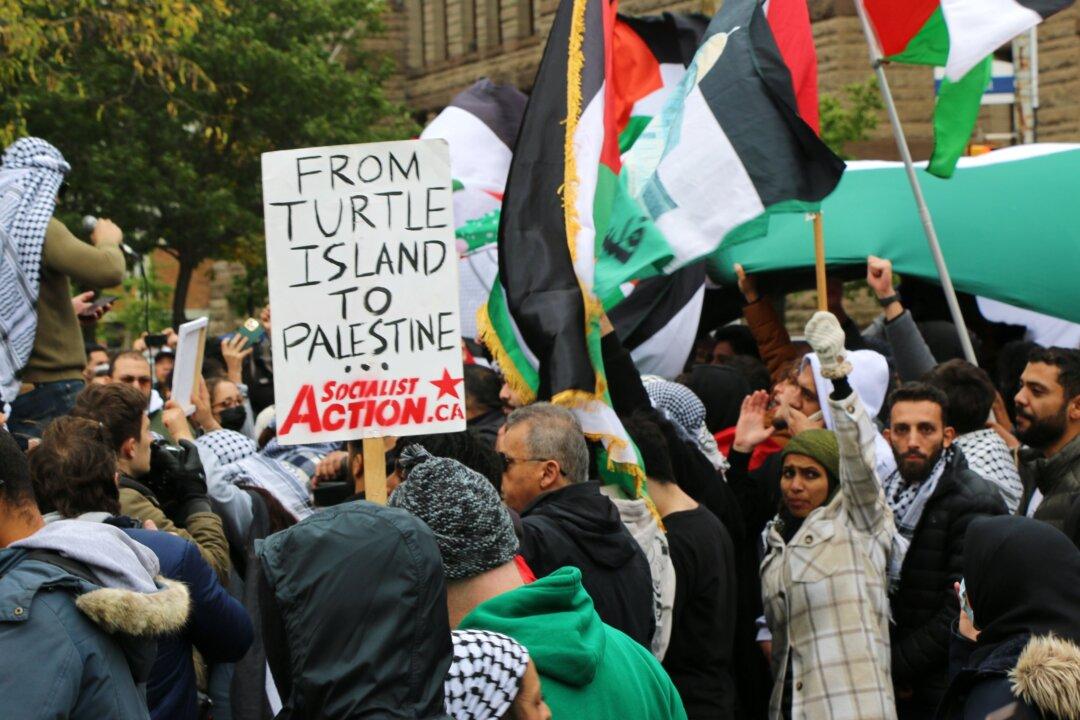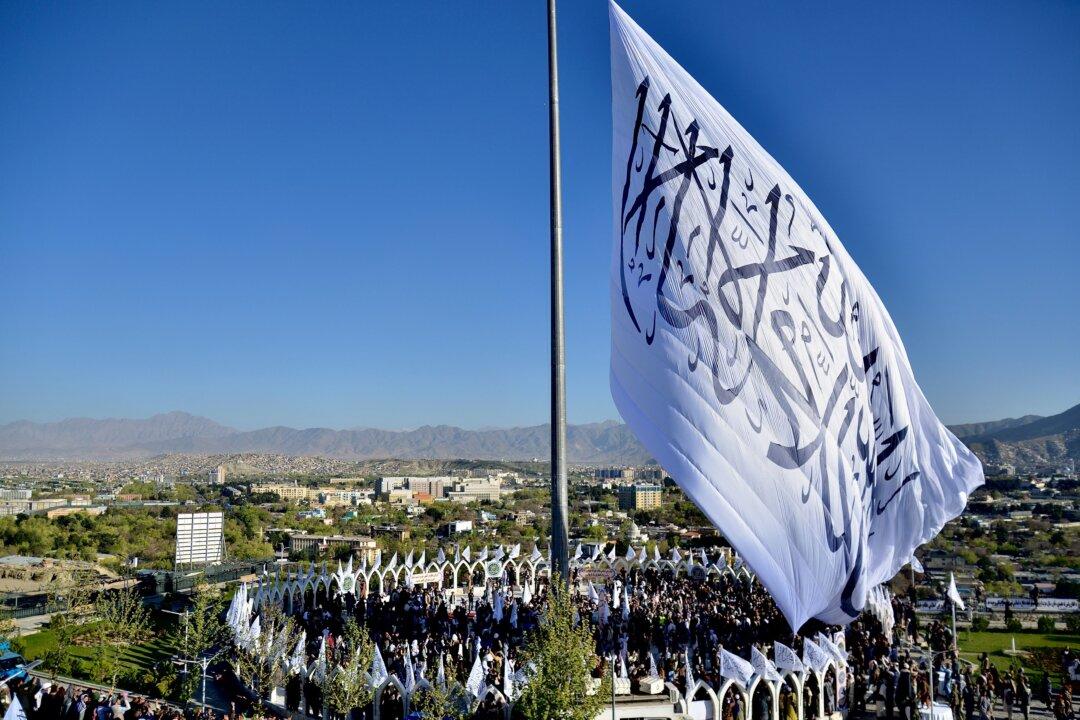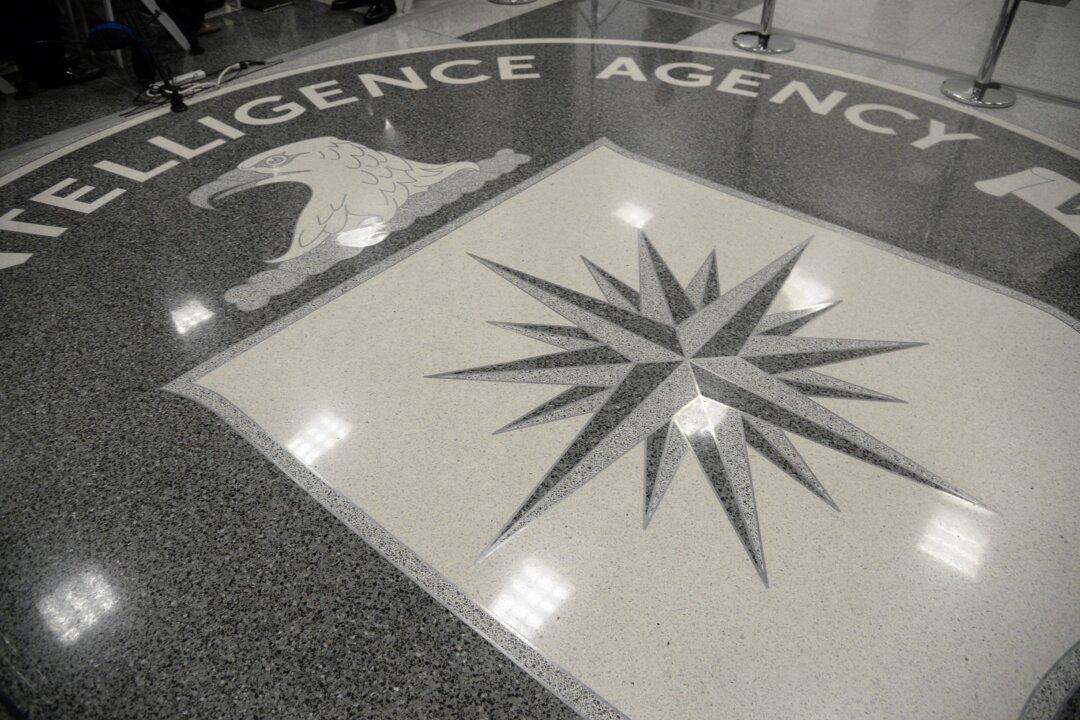Commentary
“Social Change and the Global Middle East,” a Jan. 20 webinar sponsored by the University of Pennsylvania’s Andrea Mitchell Center for the Study of Democracy, made clear that the discredited talking points that ensnared the West in the “Arab Spring” uprisings continue to proliferate at elite academic institutions.





